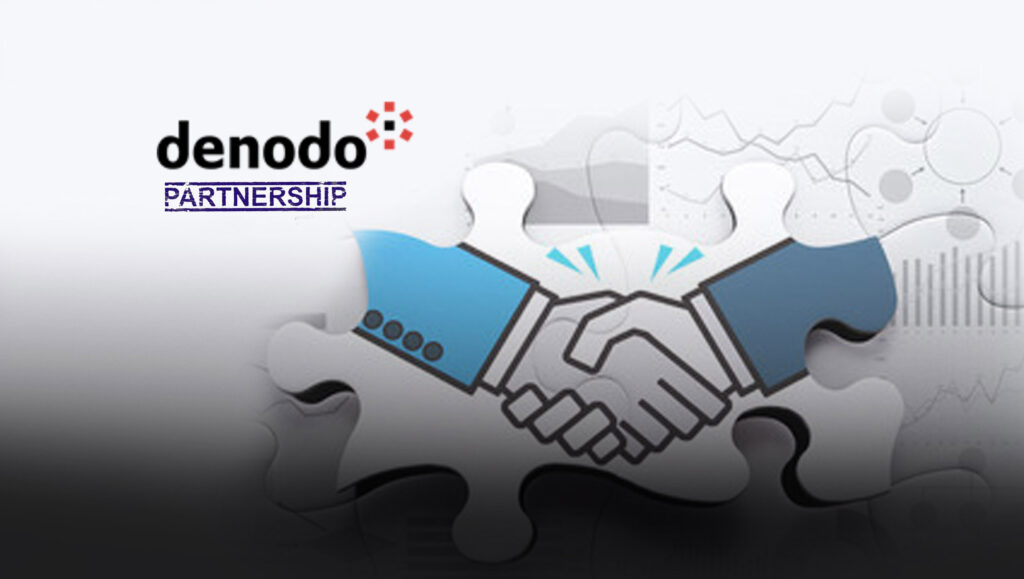The global pandemic has underlined the importance of digital services that can be deployed quickly and reliably. Particularly in the Middle East, the ability to roll out such services has enabled a recent surge of growth. But for many companies, this ability requires a complete digital transformation across every department, including the modernization of critical database systems, which enables companies to leverage the latest cloud technologies.
Read More: SHOP&TREE Supports E-Commerce Businesses Reduce Their Carbon Footprint
Such transformations are far from trivial, and unfortunately, they are often unsustainably costly. This is mostly because data, the life-blood of every organization today, is stored across many different kinds of databases, applications, and systems, and many organizations simply cannot afford to interrupt data access while they build and implement new infrastructure. Even if organizations attempt to install a new system alongside an existing, legacy system, such as a data warehouse, it is challenging to integrate the data between the old and new systems, to support today’s demanding use-cases.
Most data-integration solutions work by physically replicating data to a new repository via extract, transform, and load (ETL) processes, but such processes are batch-oriented, so they cannot support real-time data-access, which is becoming increasingly important. In addition, they do not support agility, as they need to be re-scripted, re-tested, and re-deployed every time there is a change to one or more systems.
The Logical Approach
In recent years, Gartner, Forrester, and other analysts have advocated a different approach to integrating data, one that integrates the data logically rather than physically. And the foremost data-integration strategy that exemplifies this principle is called “data virtualization.”
Rather than moving data, data virtualization provides real-time views of the data, leaving the source data exactly where it is. With this architecture, companies do not have to pay the costs of moving and housing the data, and yet they still gain all of the benefits of data integration.
Because data virtualization accommodates existing infrastructure in its existing state, it is relatively easy to implement, compared with other solutions. And because it provides data in real time, from a variety of systems that are normally very time consuming to integrate, such as transactional processing systems and cloud-based storage systems, it can support a wide variety of modern use cases.
Read More: Trusted Online Marketplace, Swappa, Launches B2B Exchange
Data virtualization enables zero-downtime migrations to new systems and seamless, real-time data-access across myriad systems, such as modern and legacy systems, simultaneously, enabling companies to migrate to these new systems at their own pace, while users enjoy uninterrupted access to data and services. Finally, because data virtualization works without replication and does not require extensive development, it is extremely cost-effective. In short, data virtualization provides a strong foundation for digital transformation and data platform modernization, and as a testament to that, the data virtualization market has recently been growing at roughly 50% year-over-year.
Denodo, the Leader in Data Virtualization
Denodo, after specializing in data virtualization since its inception in 1999, was recognized as a Leader in both Gartner’s Magic Quadrant for Data Integration Tools and Forrester’s Enterprise Data Fabric Wave, in 2020. Denodo is one of only two vendors to receive Gartner Customers’ Choice awards in 2021.
Denodo Platform 8 is the industry’s only data virtualization platform that offers all of the necessary capabilities of a logical data fabric: an active data catalog for semantic search and enterprise-wide data governance, industry leading smart query acceleration powered by AI, automated cloud infrastructure management for multi-cloud and hybrid scenarios, and embedded data preparation capabilities for self-service analytics, to help bridge the gap between IT and business.
The Denodo Partner Ecosystem
The Denodo Platform is leveraged worldwide. But to achieve this reach, Denodo relies on an extensive partner network that includes leading companies like Accenture, Amazon, and Microsoft. Because the Denodo Platform is so extensible, technology companies, systems integrators, and resellers have found it seamless and powerful to partner with Denodo in providing the Denodo Platform’s advanced data virtualization capabilities to a wider breadth of customers, enabling them to gain all of the benefits of real-time data and seamless, zero-downtime modernization activities.
Because digital transformations are extensive, involving a company’s business practices and culture, Denodo relies on its partners to provide additional value to customers, enabling them to undergo digital transformations that meet their unique business goals.
Denodo and the Middle East
Currently, Denodo is expanding its footprint in the Middle East, particularly in Qatar, Kuwait, Oman, Jordan, and Bahrain, and is actively seeking partners in the areas of Information and Communications Technology (ICT), analytics, business and technology consulting, software development, systems integration, cloud services, and other related areas.
Read More:Positioning Solutions Provider Position Partners Selects Unify Dots And Microsoft Dynamics 365





















